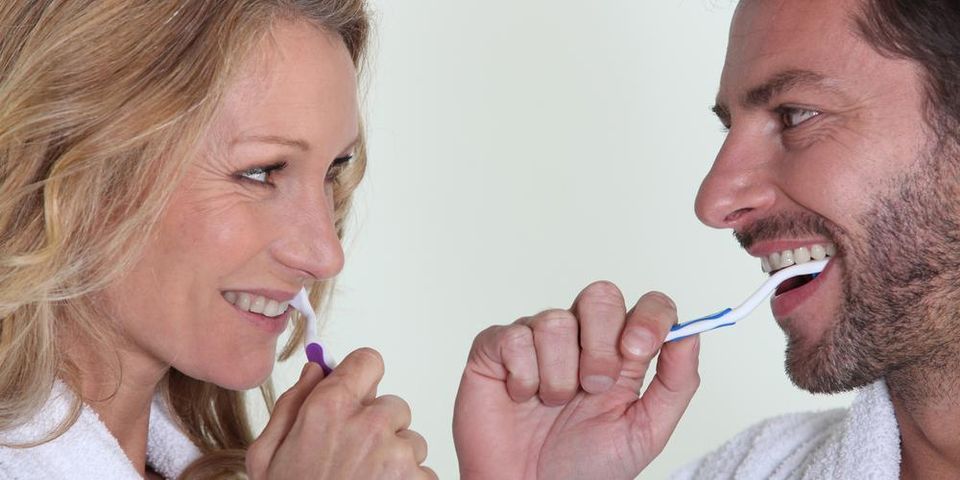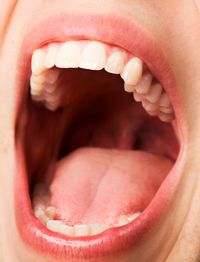5 Signs of Poor Oral Hygiene

Poor oral hygiene eventually leads to tooth decay, bad breath, and gum disease, and it can even impact your general health. Since they have yet to develop the motor skills to brush and floss without adult help, young children are especially susceptible to the consequences of poor dental health. That’s why Diversified Dental: Paul Winston DDS strongly encourages you to recognize the signs of subpar oral hygiene, and to keep a lookout for them in your own mouth and your children’s.
This New York City dentist recommends watching out for the following symptoms:
 Plaque Buildup: You’ll recognize plaque buildup simply by rubbing your teeth with a soft, colored cloth. If the fabric reveals a white residue, take a long, hard look at your plaque. If you still see it after brushing or flossing, your technique could use some improvement. Some tablets change color when in the presence of plaque, so ask your local dentist’s office or pharmacy for a sample.
Plaque Buildup: You’ll recognize plaque buildup simply by rubbing your teeth with a soft, colored cloth. If the fabric reveals a white residue, take a long, hard look at your plaque. If you still see it after brushing or flossing, your technique could use some improvement. Some tablets change color when in the presence of plaque, so ask your local dentist’s office or pharmacy for a sample. - Tooth Discoloration: It’s natural for teeth to yellow over the years, but the process accelerates and becomes uneven when affected by bad oral hygiene. If you smoke and drink a lot (especially red wine), you may start to see brown stains across your smile. A cosmetic dentist can remove stains with professional teeth whitening, but you’ll enjoy longer lasting results with improved oral hygiene.
- Bleeding Gums: Gum disease is incredibly common among adults, especially when they don’t floss. If your gums bleed a lot or become inflamed when you do floss, you probably have an infection. Your gum health will improve when you practice better oral hygiene, so visit your dentist every six months for a checkup and a thorough cleaning.
- Deteriorating Gums: After years of bad oral hygiene, your gums might start to wear away, exposing the roots of your teeth. This is a clear indication of severe decay, and the best treatment includes specialized teeth cleanings or surgery.
- Visible Cavities: Dental caries, or cavities, can develop on any tooth, but they usually show up on or near your molars—where most of the “action” happens. They can be hard to spot, but it’s worth getting a small dental mirror and inspecting your teeth every so often. If you see one, visit the dentist as soon as possible.
Diversified Dental: Paul Winston DDS is a general and cosmetic dentist practicing in New York, NY. To set up an appointment, call the office at (212) 679-7770. More information about their dental services is available online.
About the Business
Have a question? Ask the experts!
Send your question

